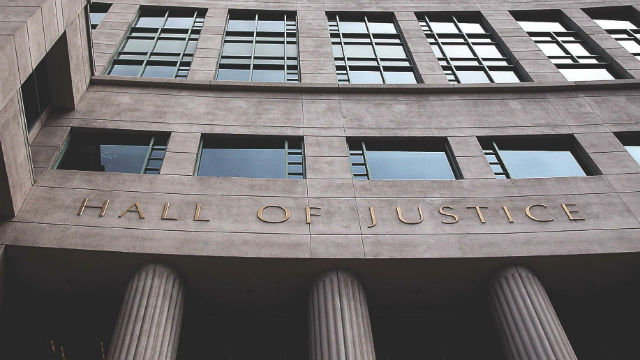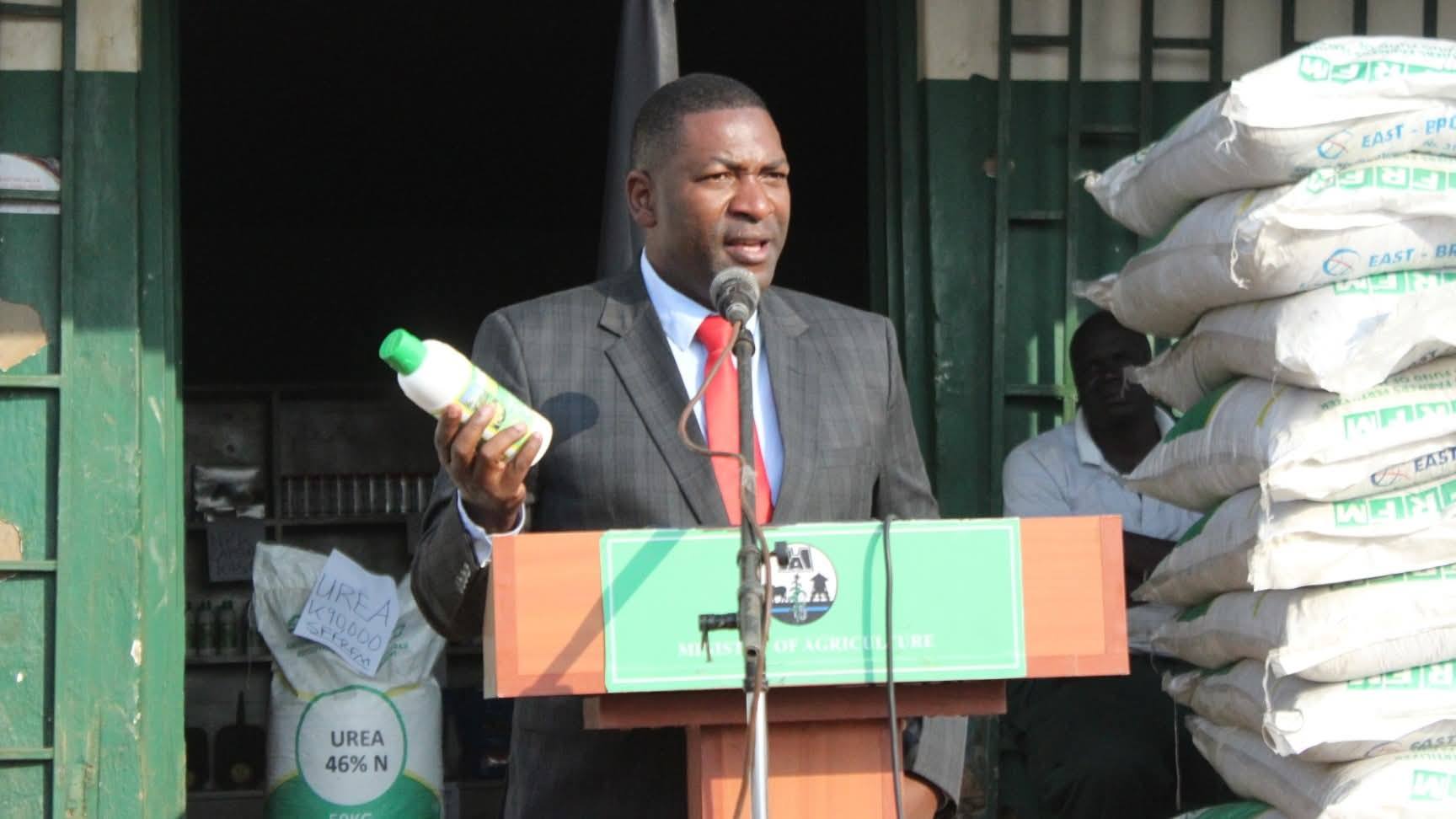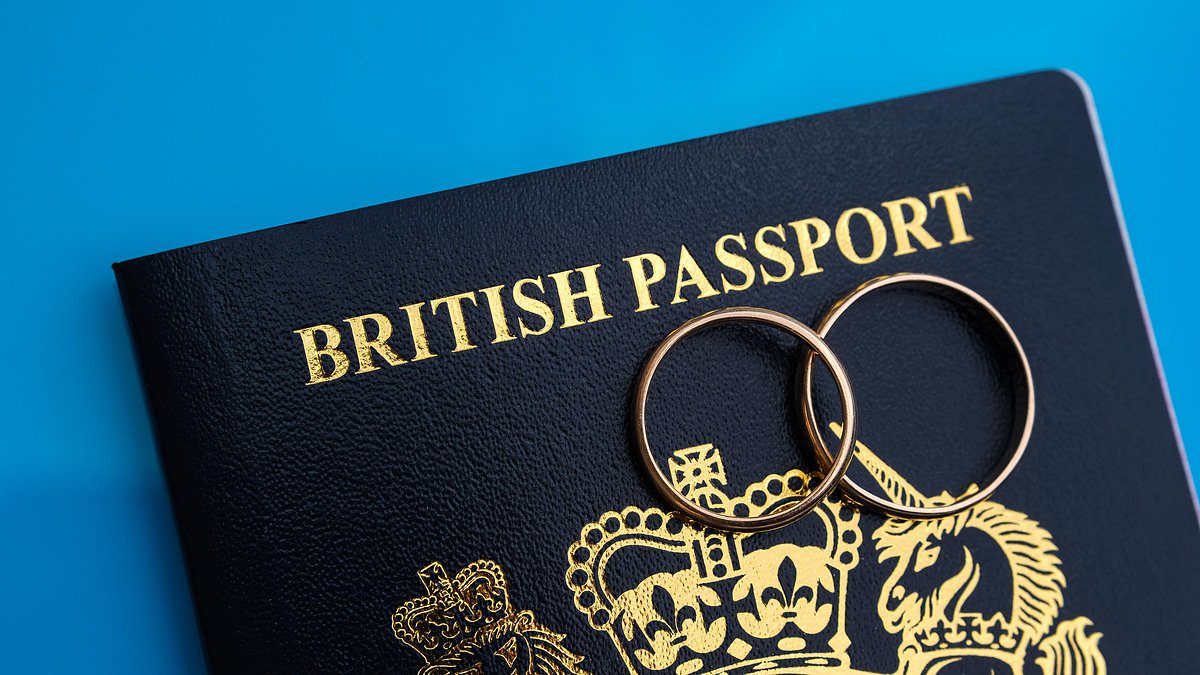By Rapheal,Steve Agbota
Copyright thesun

By Steve Agbota
styvenchy@yahoo.com
Despite significant achievements in combating piracy and other maritime-related crimes, stakeholders allege that international insurance companies have refused to end the war risk insurance (WRI) premium slapped on Nigeria-bound cargoes currently choking local shippers.
WRI is a term used to describe exorbitant freight insurance charges on cargoes, especially those destined for regions exposed to piracy or war.
Careful analysis by players in the maritime ecosystem has shown that the WRI is a carefully forged exploitation machinery designed to force shippers to pay scathing levies compensate for “vulnerabilities of the country’s territorial waters”, even when there is zero piracy attack.
According to local shippers, Nigeria is laying up to four times higher than what war-torn Afghanistan-bound cargoes cough out.
However, there are genuine reasons to query the continuous payment of the smarting Levy because the Federal Government has invested handsomely to secure the nation’s territorial waters up to the Gulf of Guinea (GoG) and reduced piracy attacks in Nigerian waters to zero.
This effort was enhanced by the deployment of the Deep Blue Project, the Nigerian Navy (NN) Falcon Eye system, strengthened regional collaboration under the Yaoundé Code of Conduct and the coordinated regional patrols across the Gulf of Guinea.
Conversely, the nation’s waters have been globally certified free from piracy incidents and other maritime-related crimes in the last three years. Even the International Maritime Bureau (IMB) in March 2022 delisted Nigeria as a piracy‑prone country due to a sharp decline in attacks, while the International Bargaining Forum (IBF) in February 2023 removed Nigeria from the “risk maritime nations” designation.
So, stakeholders query the rationale behind the levy that is hindering trade, making the nation’s seaports less competitive and withering investors’ confidence, especially now that Nigeria is struggling reposition itself as a hub of maritime excellence in West and Central Africa.
Firms such as Lloyd’s of London and the Joint War Risk Committee continue to compel Nigerian shippers to pay war risk insurance (WRI) premiums amounting to over $400 million annually. In the past three years alone, Nigerian operators are estimated to have lost more than $1.5 billion to what stakeholders describe as a cartel-like arrangement.
Findings by Daily Sun revealed that despite these hefty payments, there were no recorded claims to justify the insurance premiums.
“Some people simply sit in Lloyd’s of London and the Joint War Risk Committee and collect these monies,” one industry source lamented.
He added, “Even more troubling is the disparity in rates: at the time, Nigeria was billed nearly four times higher than vessels navigating war-torn Afghanistan”.
According to the Nigerian Maritime Administration and Safety Agency (NIMASA), a Very Large Crude Carrier (VLCC) valued at $130 million attracts a WRI surcharge of about $445,000 per voyage, while newer container vessels valued at $150 million face costs of up to $525,000 per voyage.
NIMASA further noted that global shipping giants have added their own levies.
“Maersk, one of the world’s largest shipping companies, has introduced a transit disruption surcharge of up to $450 per container, while other shipping lines impose a war risk surcharge of $40 to $50 per 20-foot container,” the agency cited.
However, stakeholders described the situation as global sabotage, given Nigeria’s reliance on imports and its strategic position in maritime trade.
Speaking on the issue, former Director-General of NIMASA, Barrister Temisan Omatseye, described the WRI on Nigerian-bound vessels as unfair exploitation of Nigeria by foreign insurers through arbitrary war risk premiums.
He insisted that the country has been compelled to pay more than even Pakistan at the height of its terror crisis.
Omatseye disclosed that the Joint War Risk Committee (JWRC) in London arbitrarily raised Nigeria’s war risk premium from 0.025% to 0.625%, a sharp increase that exceeded the 0.25% imposed on Pakistan during its worst period of insurgency.
At the MARAN event, he said: “This is nothing but economic exploitation. Every time an incident is reported in Nigeria, the JWRC arbitrarily decides to raise the premiums. There is no scientific analysis, no fair assessment, it is simply at their discretion,” he added.
Omatseye described the WRI practice as unjust and a burden on the nation’s maritime trade.
He revealed that during his tenure, efforts were made to set up a local insurance portal under NIMASA to challenge the dominance of foreign players, but the initiative collapsed due to a lack of political backing and resistance from powerful reinsurers in the UK.
“Even when we secured a UK reinsurer to support us, he said he could only proceed if there was a green light from Nigeria’s president. The fear was that the British government earns so much from these premiums that they would block any alternative,” he said.
He warned that Nigeria’s growing role as a global energy hub makes the country an even bigger target for exploitation.
With the Dangote Refinery’s 650,000 barrels-per-day capacity, other modular refineries coming on stream, and increased LNG exports, Omatseye noted that maritime traffic into Nigeria will multiply, leaving shipowners vulnerable to excessive premiums unless local solutions are developed.
According to him, the government must urgently support the creation of a Nigerian-backed war risk insurance pool to drive down costs and end foreign dominance.
“We should not be going to London to beg anyone. Let us create our own war risk insurance mechanism here. Once we crash the rates, they will have no choice but to review theirs. Competition is the only way out,” he pointed out.
While highlighting the gaps in inter-agency collaboration, he stressed that while the Navy plays a crucial role, the Marine Police, Customs, Immigration and NIMASA, all have statutory responsibilities that must be harmonised, rather than duplicated.
“We don’t need to reinvent the wheel. The Marine Police have jurisdiction in inland waters, the Navy in coastal defence, and NIMASA has the resources. What we need is collaboration, not competition. Even in the U.S., the Navy lowers its flag when performing Coast Guard duties. Nigeria can do the same,” he explained.
Omatseye also cautioned that if left unchecked, the dominance of foreign insurers and external security frameworks could cripple Nigeria’s sovereignty in global trade.
“The next colonisation of Nigeria will come through shipping. If sanctions are placed on us tomorrow, we will be crippled because we have no control over our cargoes. That is the danger ahead,” he warned.
Meanwhile, Mr. Emmanuel Maiguwa, President of the Maritime Security Providers Association of Nigeria (MASPAN), dug deeper into the systemic issues behind Nigeria’s risk profile and the burden of war risk insurance.
He observed that while piracy incidents have dropped significantly from more than 50 in 2020 to less than 10 in 2023, insurers have not revised Nigeria’s premiums downward.
He asked: “What exactly drove this decline? International patrols, Nigeria’s Deep Blue assets, or intelligence operations? And why is Nigeria still being punished despite progress?”
Maiguwa said that unless Nigeria fixes its justice system, inter-agency collaboration, and maritime cost structures, the war risk premium burden will persist, regardless of improvements in actual security.
The Director General of NIMASA, Dr. Dayo Mobereola, called for collective action to end war risk insurance premiums imposed on Nigerian-bound cargoes by international insurance organisations.
He emphasised that the call for the removal of war risk insurance premiums is a collective action that must not be left to the government alone.
He lamented that despite the recorded milestones on improved maritime security, the impact of the war risk premium on the Nigerian economy has remained enormous, adding that Nigerian importers have paid over $1.5 billion in WRI premiums over the past three years.
Mobereola further said Nigeria’s strategic geographical position in the Gulf of Guinea exposed her to maritime insecurity driven by piracy, armed robbery and geographical conflicts, which led to the imposition of war risk insurance premiums.
“Nigeria’s Integrated Maritime Security Architecture, known as the Deep Blue Project, launched in 2021 with the deployment of maritime assets (land, sea, air and intelligence) to secure Nigeria’s waters. Enactment of the Suppression of Piracy and Other Related Maritime Offences (SPOMO) Act 2019. Since the year 2020, two (2) major convictions of pirates have been secured by the Federal High Court under this legislation.
“Nigeria’s improved Maritime security led to its delisting by the International Maritime Bureau (IMB) from its list of piracy-prone waters in 2021 and commendation by the International Maritime Organisation (IMO). Reinforcing this achievement, the International Bargaining Forum (IBF) removed Nigeria as a high-risk maritime zone in 2023,” he explained.
According to him, significant progress has been made in securing Nigeria’s waters with no recorded piracy incidents in the last four years, which has been attributed to the Deep Blue Project with the deployment of maritime assets to secure Nigeria’s waters, the SPOMO Act and zero piracy incident in the last four years and collaborations with other regional bodies which contributed significant reduction of Piracy in the Gulf of Guinea waters.
The Secretary-General of the Abuja Memorandum of Understanding (MoU), Captain Sunday Umoren, called for decisive measures to address the economic burden of elevated WRI premiums and unlock the benefits of Nigeria’s strategic maritime position.
Umoren stressed that while foreign shipowners enjoy Nigeria’s facilities, the ultimate burden of inflated insurance and freight costs falls on Nigerian businesses and consumers.
He argued that increasing vessel traffic through Nigerian ports would strengthen bargaining power to demand lower premiums, ultimately reducing freight charges and improving competitiveness for importers and exporters.
On the issue of Nigeria’s ship and flag registry, Umoren noted that progress remains slow, adding that greater local ownership among shipowners is key to sovereignty in shipping decisions.
“When most of the shippers or shipowners are Nigerians, they can determine their own course, and the world will not decide their fate for them,” he said.
A key concern raised was the prosecution of maritime criminals. The Nigerian Navy revealed that it arrested over 80 piracy suspects between 2019 and 2020 through intelligence-driven operations, some linked to Somali-owned vessels operating in Nigerian waters.
But stakeholders questioned how many were actually prosecuted, stressing that without convictions, international confidence in Nigeria’s security will remain low.



